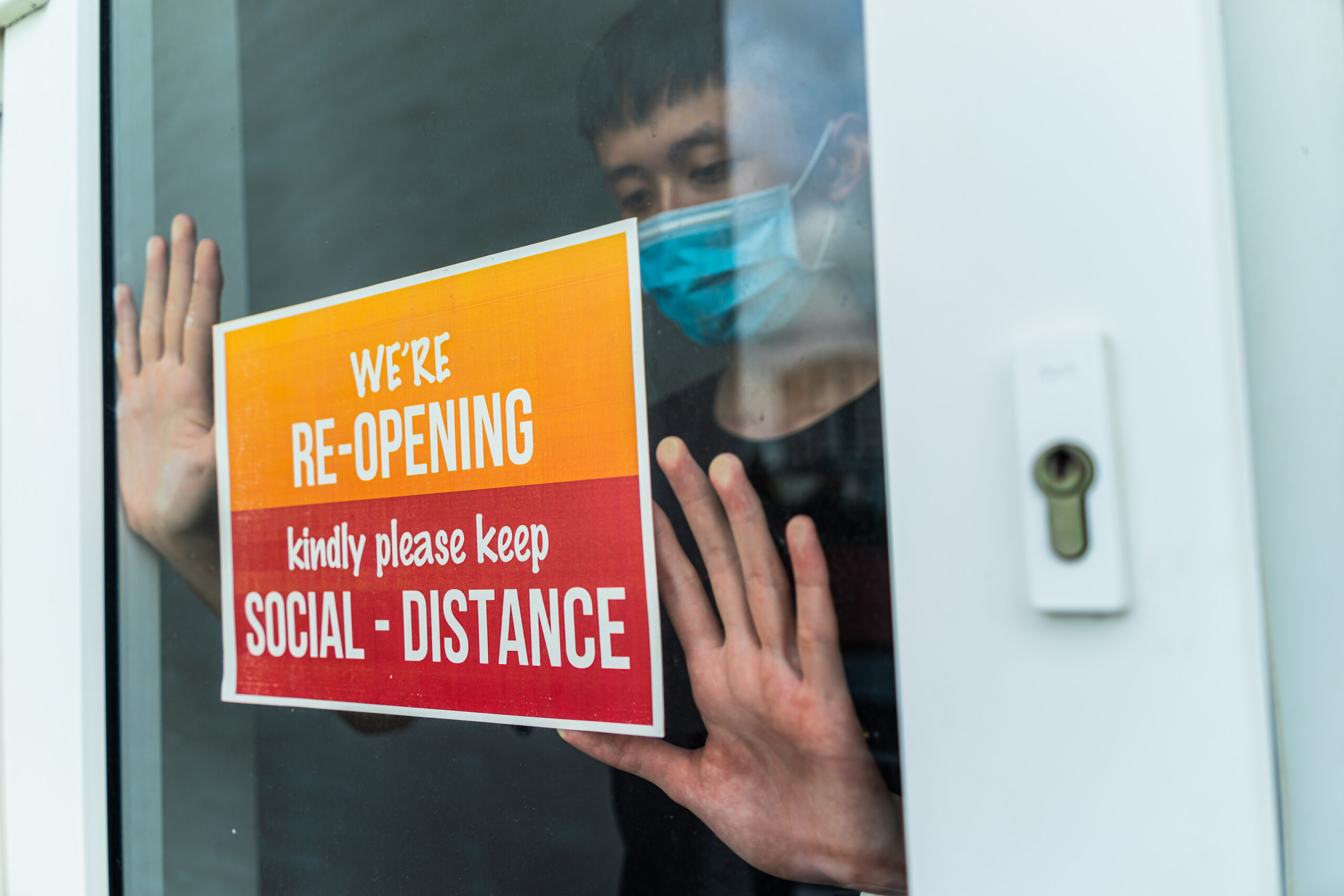The pandemic has changed the workplace as we know it. With recent vaccines, people in some regions are preparing to return to their physical workplaces. Still, some could experience fear or anxiety about the pandemic situation. For example, a recent study by the University of Texas A&M found that employees perceive anxiety on their health and other COVID-19 related issues when they return to their workplace.
The anxiety and fear that have emerged from this pandemic could even lead to psychological trauma and Post Traumatic Stress Disorder (PTSD). The trauma may still impact individuals even after the government eases social distancing rules. For example, some people would still hesitate to engage in physical touch, obsess about hygiene, experience anxiety or depression, as well as worry about personal or financial losses. In other words, even after employees return to their workplace, the lingering fear of COVID-19 still stays.
How can we ensure a smooth transition of the return to the office? There are three simple steps that everyone can take.
1. Interact with others in your daily life
Given that social relationships play a central role in human well-being as well as survival, it is not surprising that individuals value social interaction and invest in networking throughout their daily lives (e.g., building new relationships, spending time with friends and family, or participating in religious services during the weekend).
Many scholars in the psychology and management fields found that individuals receive social support, satisfaction, positive emotion, a sense of social belonging, or other positive psychological outcomes from interactions with others. For those who hesitate to contact others because of virus concerns, I recommend them to use virtual social interaction, referring to interaction with others online using technology (e.g., Facebook, Instagram, WhatsApp, Skype, Zoom). Phone calls with close ones would also work.
2. Share your experience at work
Employees can also share about their COVID-19 experiences, which can enhance their perceptions of emotional and social support. This will in turn influence their well-being and performance. A perspective in clinical psychology holds that self-disclosure and sharing one’s experience are prerequisites in the treatment process to overcome stressful and traumatic events. Research suggests that the sharing of experience enables people to enhance their self-esteem, hopefulness, and resilience. For example, employees can obtain beneficial information, receive support, and express care and concern towards others during the sharing sessions.
In addition, it is well-documented that social interactions among patients or victims have been found to be essential factors contributing to psychological adjustment to traumatic events. Therefore, I urge you to share your experiences, concerns, or anxiety with your coworkers (including your supervisor) at work.
3. Be altruistic and help others while working
Help others, help yourself. Individuals can make a positive difference in others’ lives by volunteering or helping others at work. Individuals have experienced a great deal of uncertainty during the pandemic. They do not know when they may be laid off, they do not know when the pandemic will end, they do not know when they will recover from the traumatic experience.
To change the surroundings and their mindsets, employees could put in their time and resources to help others. This provides an opportunity to change their social environments and develop positive assessments of their influence, because they take the initiative and use their volition to drive change. In addition, those who engage in helping others are likely to attribute the cause of the successful experience to the self. Altogether, helping others is likely to increase perceived prosocial impact and positive psychological well-being for employees who still struggle from pandemic-related anxiety.
History has shown how survivors of traumatic events have coped with the aftermath. Events such as the September 11 terrorist attack, the SARS outbreak or the 2008 global financial crisis showed that regardless of the challenges, members of the society continue to fulfil their responsibilities at home and at work. As more employees return to the workplace, we can all take steps to help one another in this transition. The interaction with others, sharing of experiences and helping of others will make it a better day for all.




